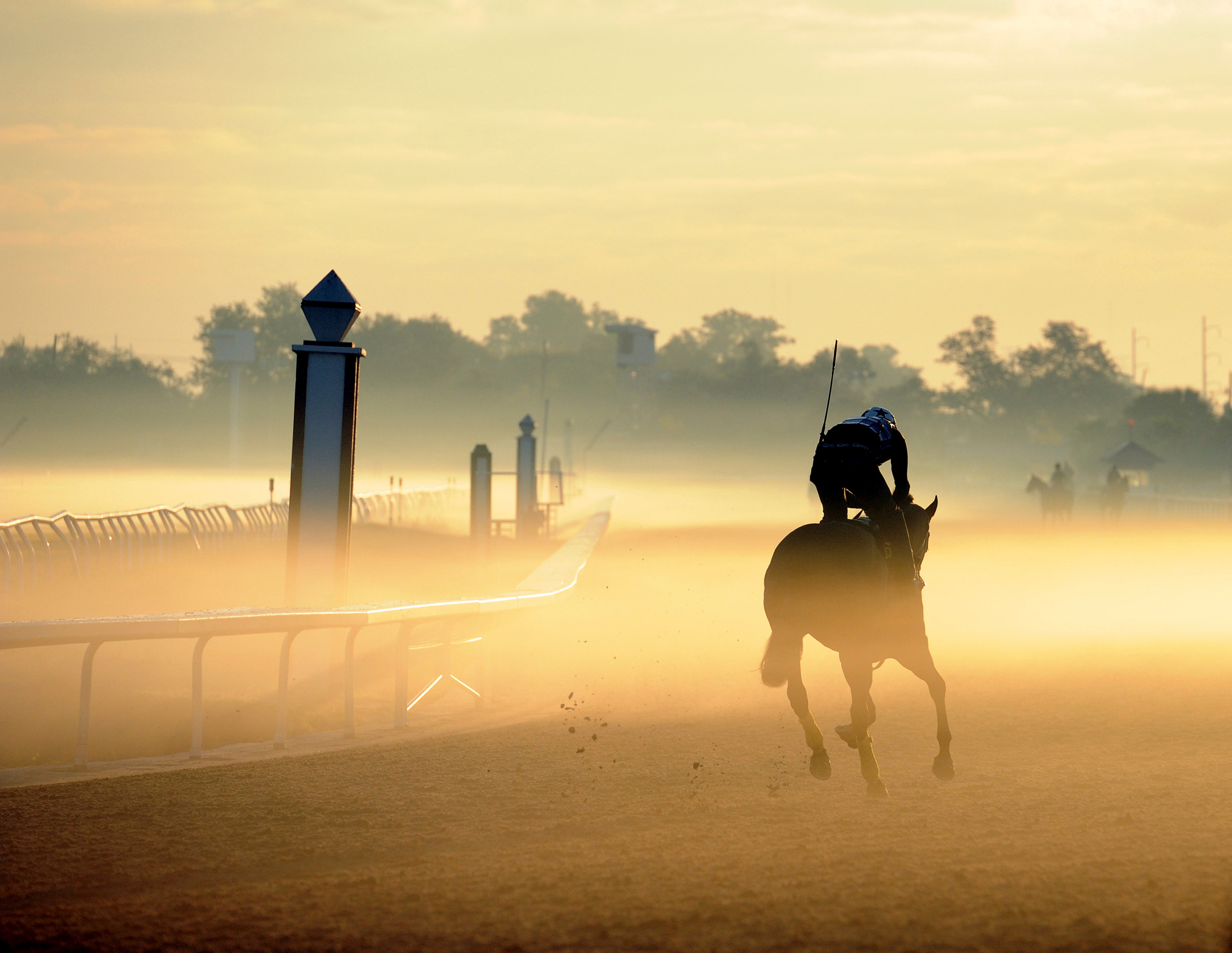Race track settles with feds for manure, urine discharges
Federal prosecutors say the owners of the horse racing track in New Orleans have agreed to pay a $2.8 million penalty for letting horse manure and urine into the city’s drainage system

Your support helps us to tell the story
From reproductive rights to climate change to Big Tech, The Independent is on the ground when the story is developing. Whether it's investigating the financials of Elon Musk's pro-Trump PAC or producing our latest documentary, 'The A Word', which shines a light on the American women fighting for reproductive rights, we know how important it is to parse out the facts from the messaging.
At such a critical moment in US history, we need reporters on the ground. Your donation allows us to keep sending journalists to speak to both sides of the story.
The Independent is trusted by Americans across the entire political spectrum. And unlike many other quality news outlets, we choose not to lock Americans out of our reporting and analysis with paywalls. We believe quality journalism should be available to everyone, paid for by those who can afford it.
Your support makes all the difference.The owners of the horse racing track in New Orleans have agreed to pay a $2.8 million penalty for letting horse manure and urine into the city’s drainage system for at least six years and to spend twice that on ending the discharges, federal prosecutors say.
The U.S. Justice Department described the fine to be paid by Churchill Downs Inc., owner of the Fair Grounds Race Course & Slots, as the largest ever paid by a “concentrated animal feeding” operation under the Clean Water Act, news outlets reported.
The agreement settles a federal complaint alleging that the Fair Grounds violated that law and the track’s state permit more than 250 times between 2012 and 2018.
“This consent decree will stop the flow of untreated process wastewater into the local sewer system which leads to local waters used for fishing and ultimately Lake Pontchartrain, in a way that recognizes the challenges presented by the racetrack’s urban location.” said Jonathan Brightbill, principal deputy assistant attorney general in the Justice Department’s Environment and Natural Resources Division, said Tuesday in a news release.
Churchill Downs, based in Louisville, Kentucky, said it has worked with federal, state and local environmental agencies to find ways to deal with wastewater and stormwater at the New Orleans track. It “has agreed to meaningful measures, including $5.6 million of capital improvements over the next three years, to address the conditions and obligations under the consent decree,” the company told The Times-Picayune / The New Orleans Advocate.
Neighborhoods the government considers environmental justice communities surround the racetrack, which includes stables and barns that can house 1,800 or more horses at a time. The grounds also include horse wash racks and walkways, manure storage areas and storage areas for raw materials, the news release said.
Horse manure, urine and untreated wastewater is allowed to flow into city drainage if the city gets 10 inches (25 centimeters) of rain within 12 hours. However, it sometimes did so “after as little as a half-inch of rain, as well as in dry weather,” according to the news release.
The government said the track agreed to use best management practices and construction to comply with its permit and federal law. It also will conduct sampling, monitoring and hydraulic modeling to tell whether those measures work or more changes are needed, the government said.
Churchill Downs said the track’s urban location “is challenged by extreme rainfall and poor natural drainage. These conditions are compounded by its sea-level elevation and an antiquated New Orleans wastewater and stormwater management system.”
But, it said, “Churchill Downs remains committed to protecting the environment and the health and welfare of the people of New Orleans and Louisiana.”